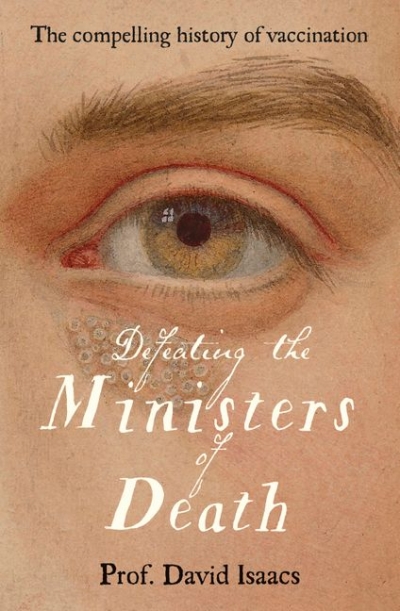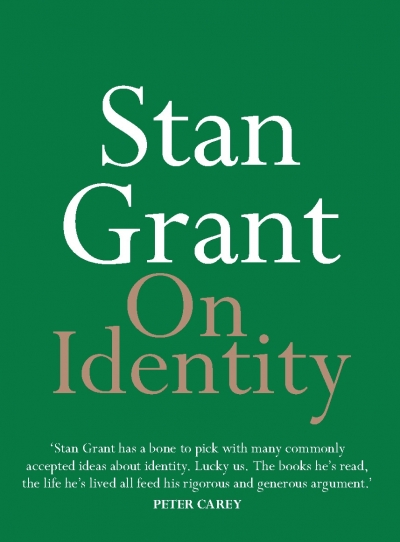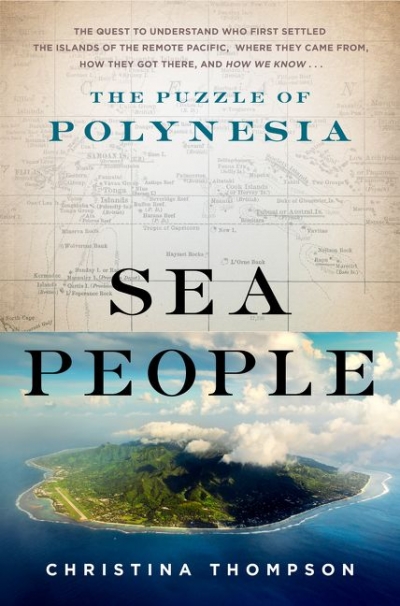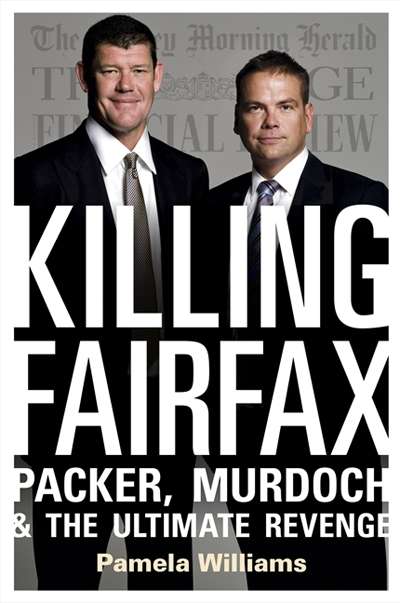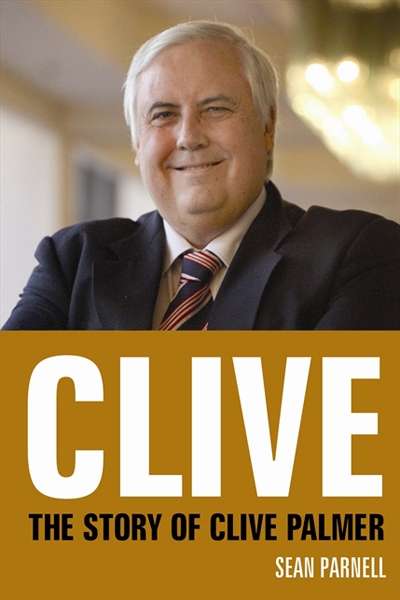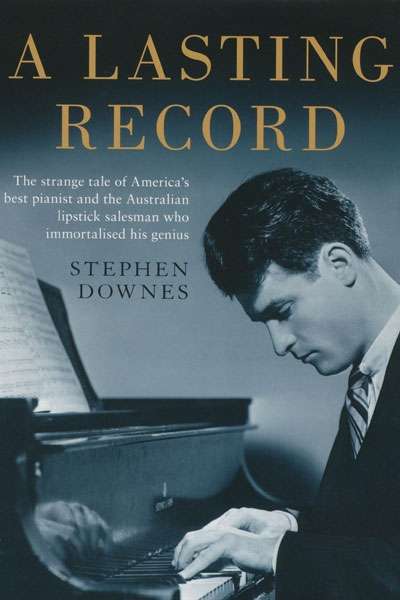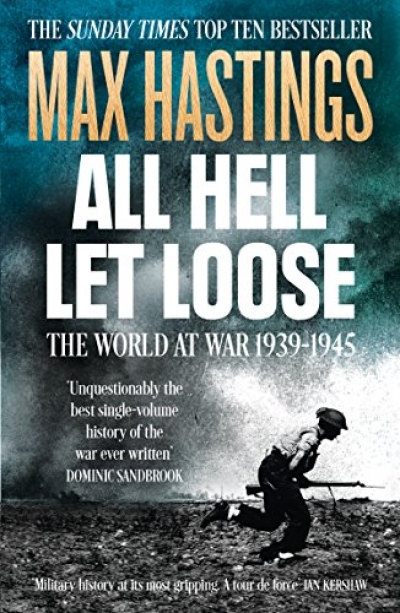HarperCollins
Defeating the Ministers of Death: The compelling history of vaccination by David Isaacs
by Euzebiusz Jamrozik •
Sea People: The puzzle of Polynesia by Christina Thompson
by Ceridwen Spark •
Killing Fairfax by Pamela Williams & Rupert Murdoch by David McKnight
by Jan McGuinness •
All Hell Let Loose: The World at War 1939–1945 by Max Hastings
by Robin Prior •

